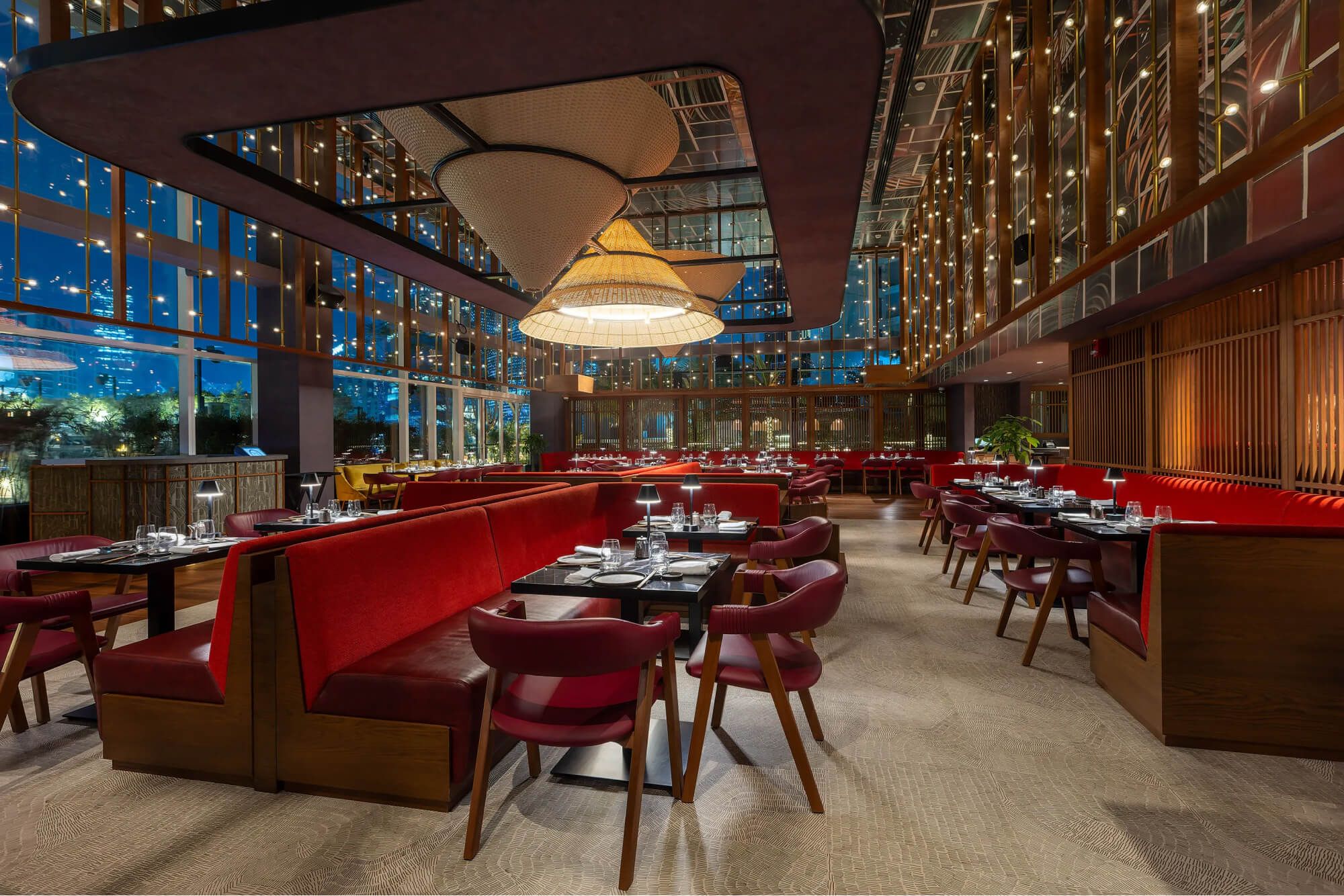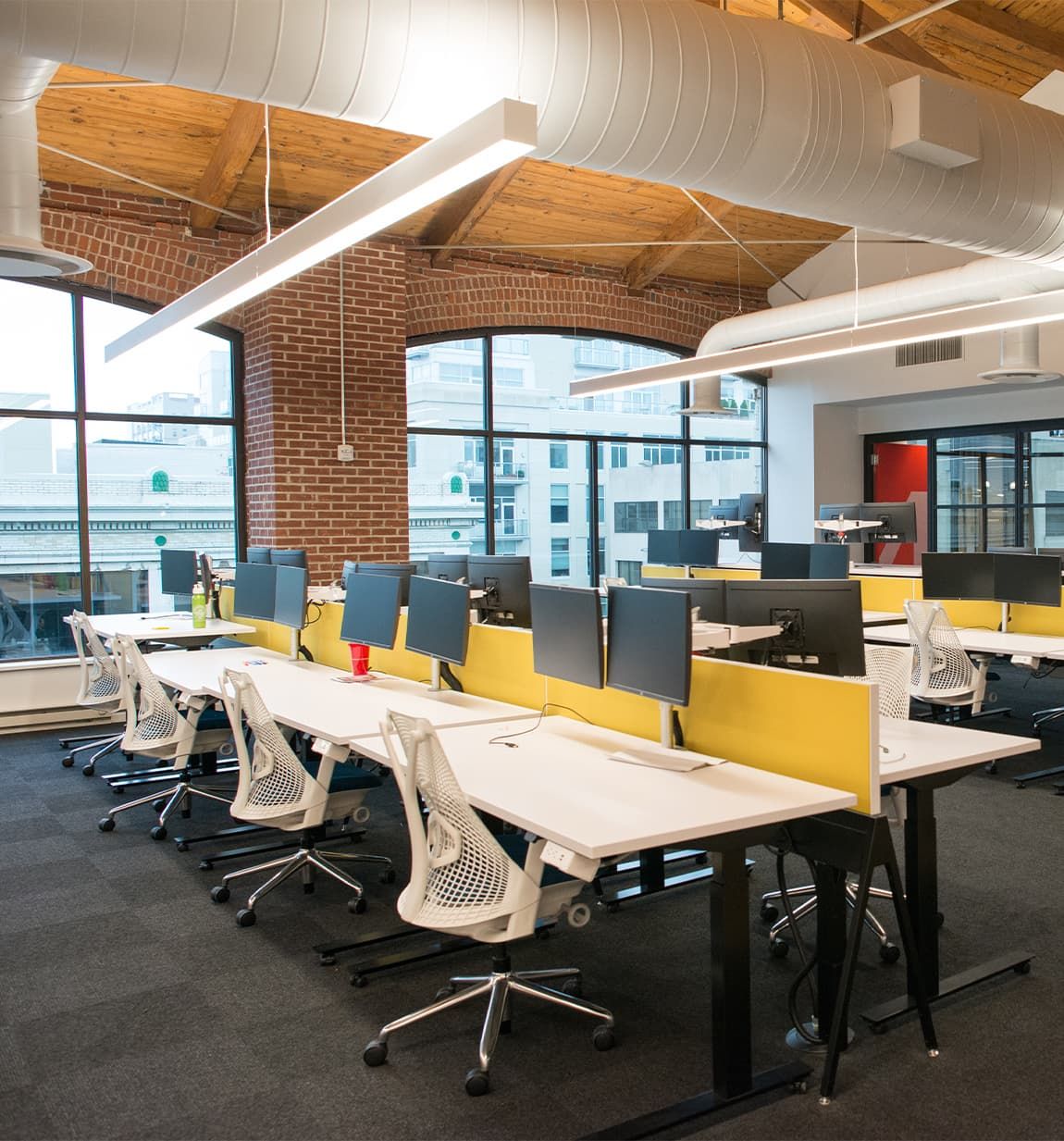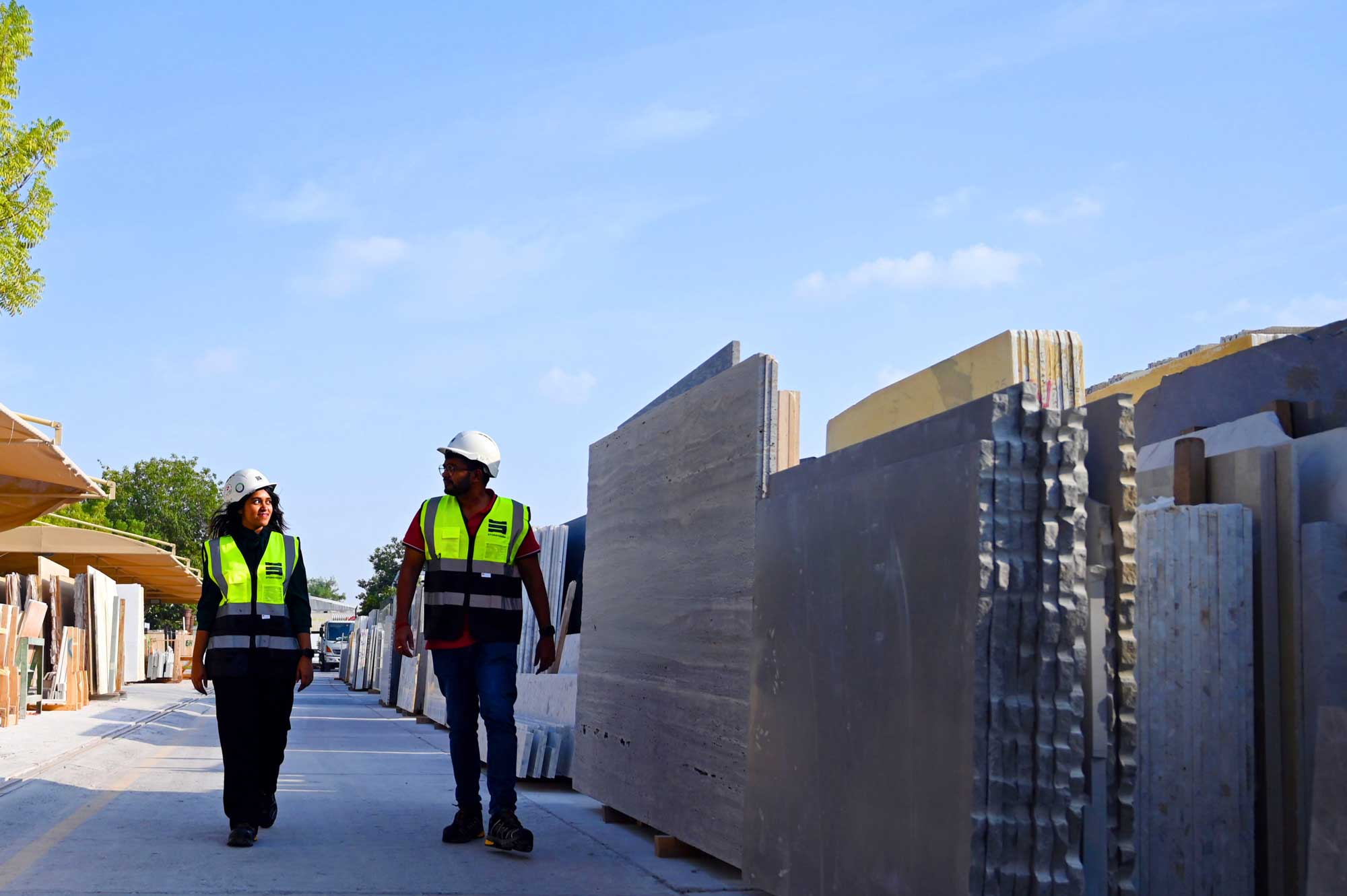Introduction
The construction industry has long been perceived as a homogenous field, but recent years have seen a significant shift towards embracing diversity and inclusion. Recognising the value of a diverse workforce is not only a moral imperative but also a strategic advantage, fostering innovation, boosting productivity, and cultivating a supportive work environment even in the construction industry.
The Changing Landscape of the Construction Industry
Historically, the construction sector has struggled with diversity, as women, ethnic minorities, and individuals with disabilities have faced barriers to entry and career advancement. However, progress is being made right in front of our eyes. For instance, from 2009 to 2019, the percentage of women in construction increased from 11% to 14% (Office for National Statistics). Despite this improvement, achieving full representation and inclusivity remains an ongoing goal for the industry.
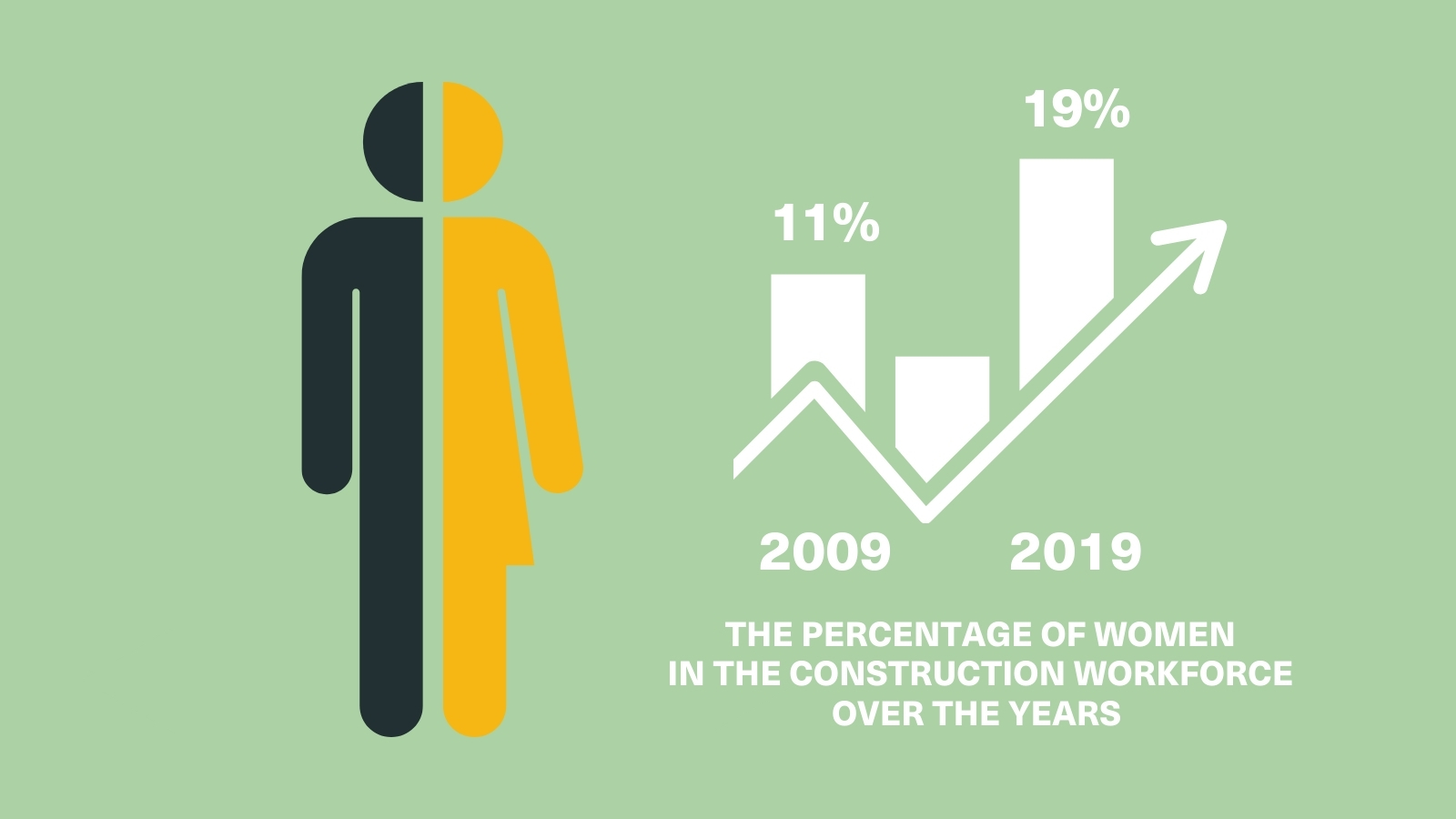
Barriers to Diversity in Construction
Several factors have historically limited diversity in the construction industry:
How has the male-dominated workforce affected women's advancement in the construction industry?
Traditionally, the construction industry has been male-dominated, which has created significant barriers for women. This gender imbalance has led to perceptions that construction work is unsuitable for women, hindering their advancement. For example, women often face challenges in securing leadership positions and are underrepresented in technical roles. Despite efforts to promote gender diversity, women still make up a small percentage of the workforce. Initiatives like Women in Construction Week aim to highlight the contributions of women and encourage more to join the industry.
What challenges have ethnic minorities faced in the construction sector?
Ethnic minorities have encountered numerous obstacles in the construction sector, which has led to their underrepresentation. These challenges include discrimination in hiring practices, limited access to mentorship and professional networks, and fewer opportunities for career progression. For instance, studies have shown that ethnic minority workers are often concentrated in lower-paying, less secure jobs. Efforts such as the Construction Industry Training Board's (CITB) Diversity and Inclusion Framework seek to address these disparities by promoting equal opportunities and supporting minority workers in their career development.
How do accessibility issues impact individuals with disabilities in construction work?
The physical demands and site conditions of construction work have posed significant challenges for individuals with disabilities. For example, the need to navigate uneven terrain, use heavy machinery, and perform physically strenuous tasks can be prohibitive. This has led to a lack of inclusion for disabled individuals within the industry. Organisations like the Construction Industry Council are working to improve accessibility through initiatives such as promoting inclusive design and providing adaptive equipment, making construction sites more accommodating for workers with disabilities.
Why has the construction industry struggled to foster inclusive environments?
The construction industry has struggled to create inclusive environments where diverse employees feel valued and supported. This struggle is often due to longstanding cultural norms and practices that favour homogeneity. For instance, women, ethnic minorities, and individuals with disabilities frequently report feeling isolated or undervalued. Companies are now recognising the importance of an inclusive culture and are implementing diversity training programmes, establishing employee resource groups, and promoting policies that encourage inclusivity. An example of this effort is the "Constructing Equality" programme, which offers guidance on creating a more inclusive workplace.
How do stereotypes and bias affect the construction industry?
Stereotypes and biases have a profound impact on the construction industry, perpetuating exclusionary practices. For example, the stereotype that construction work is only suitable for men leads to biased hiring practices and limited career opportunities for women and minorities. These biases also influence workplace interactions and professional development opportunities. Addressing these issues requires a concerted effort to challenge and change these perceptions. Organisations like the National Association of Women in Construction (NAWIC) are actively working to dispel myths and advocate for a more diverse and inclusive industry.
Despite these challenges, there is growing recognition of the need to embrace diversity and inclusion as essential for business success in the construction sector.
The Business Case for Diversity
Beyond ethical considerations, diversity brings tangible benefits to construction companies. According to research by the World Economic Forum, companies with higher-than-average diversity generate 45% of their revenue from product innovation. In contrast, companies with lower diversity levels achieve only 26% from innovation.
By embracing diversity, companies can access a broader talent pool, attract top talent, and gain a competitive edge in the market.
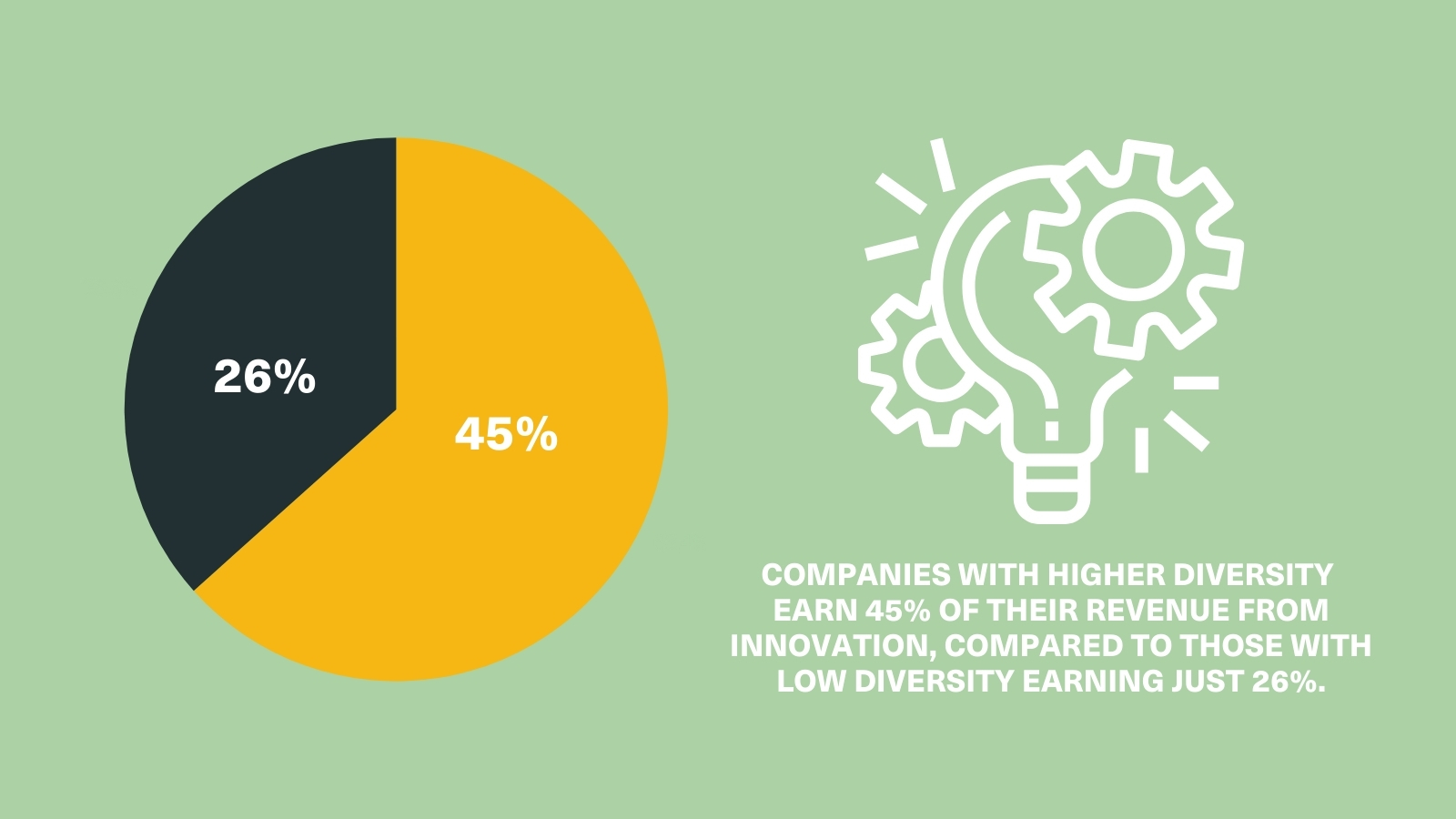
How do we Overcome Barriers and Promote Inclusion?
To address these challenges, the construction industry is implementing various initiatives:
- Diversity Training: Educating employees about unconscious bias and fostering inclusivity.
- Mentorship Programs: Supporting career development for minorities through mentorship and sponsorship.
- Inclusive Recruitment: Revising recruitment practices to reach a broader candidate base.
- Policy Reforms: Implementing policies that promote diversity and ensure fair treatment.
- Support Networks: Establishing internal groups that advocate for minority employees.
These efforts aim to create an inclusive culture where all individuals have equal opportunities to succeed and contribute.
How Do You Create a Supportive Work Environment?
In addition to promoting diversity, creating an inclusive workplace culture is crucial. Practices such as mentorship, flexible working arrangements, and ongoing diversity training contribute to a sense of belonging and enhance overall productivity.
The Trends Shaping Diversity and Inclusion in 2024
Companies that embrace diversity and inclusion tend to have a more positive and sustaining future. Looking ahead, construction firms are investing in:
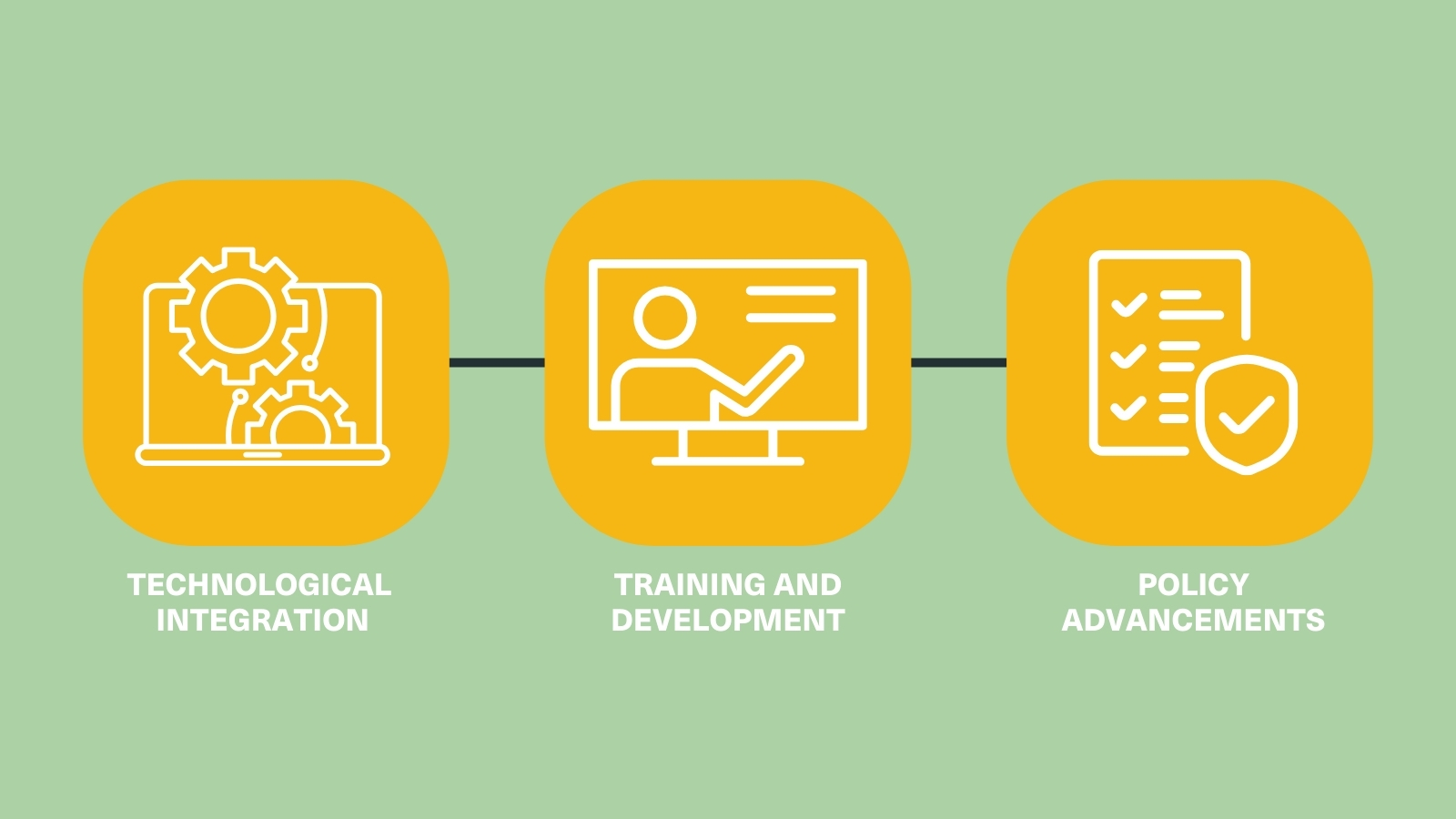
Technological Integration
By adopting cloud-based project management tools to facilitate remote collaboration and allows team members to access project documents, schedules, and updates from anywhere, making it easier for a diverse workforce to collaborate effectively. This technological integration has enabled the workforce to be more accommodating for employees who may need flexible working arrangements or who are in different regions.
Training and Development
With the implementation of comprehensive training programs focused on leadership development and unconscious bias, "Inclusion Week" initiatives, workshops and seminars can be designed to raise awareness about unconscious bias and promote inclusive leadership practices. This focus on training helps ensure that all employees, regardless of their background, can advance and contribute to the company's success.
Policy Advancements
Establishing a robust diversity and inclusion policy can aim at fostering a more inclusive workplace. With an internal dedicated Diversity & Inclusion team that works on implementing strategies to enhance diversity across all levels of the company. These policies can include goals for hiring a diverse workforce, providing equal opportunities for career advancement that supports long-term change.
Conclusion
As we move forward into 2024, diversity and inclusion are fundamental to the evolution of the construction industry. By embracing these principles, companies can foster innovation, improve productivity, and create a more equitable sector. Together, we can build a construction industry that reflects and celebrates the diverse talents of its workforce.
About Us
At Stonehaven, we believe that a diverse and inclusive workplace is the cornerstone of innovation, creativity, and sustainable growth. Our commitment to gender diversity is not just a policy—it's a core value that shapes our culture and guides our actions every single day.
If you would like to join our diverse team, visit our website to learn more about our culture and values here. Stonehaven invites you to be part of our journey towards a more diverse and inclusive construction workforce. Together, we can build a future where everyone can excel with equal opportunity.




